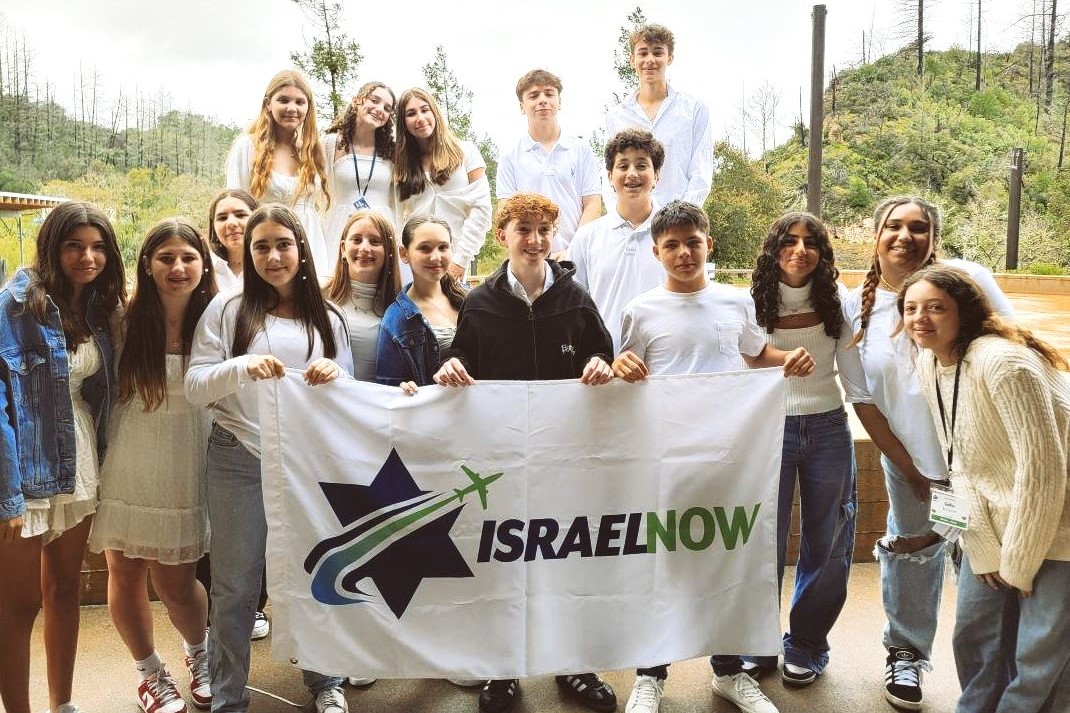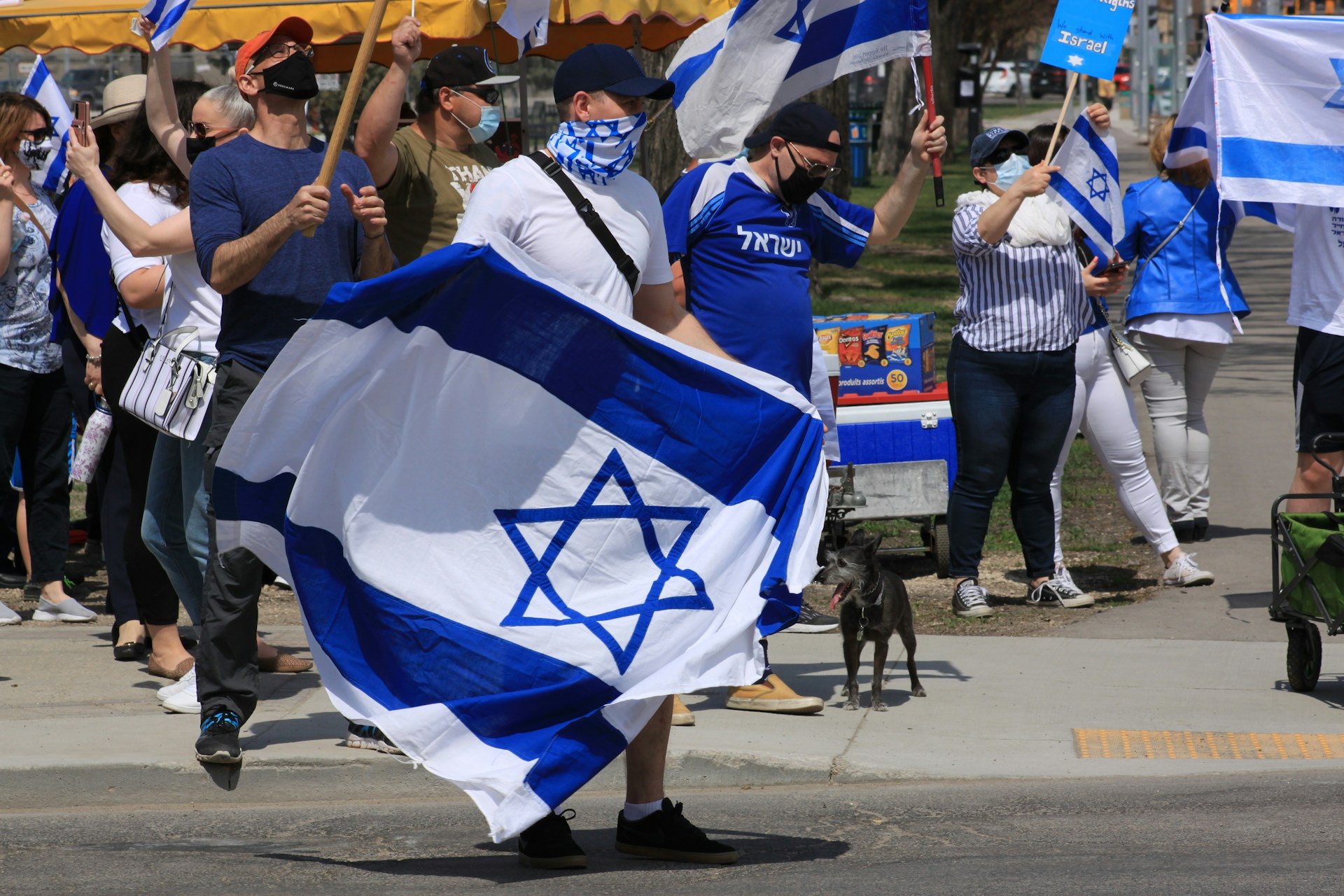Inviting Conversations About Racial Justice Part One
George Floyd’s murder(1), filmed in broad daylight by bystanders, has made all of us more aware of the issue of police brutality towards minorities and the systemic racism that exists in our society. CAJE believes that education can be the platform for creating change in ourselves and society so that we can be part of the tikkun (fixing/perfecting) that our nation and the world need in order to fulfill our country’s Pledge of Allegiance: “…with liberty and justice for all.”
Some people may feel that this is not a Jewish issue. Yet, during the Shoah/ Holocaust, Jews all too recently experienced what happens when a large majority stands idly by while a smaller minority commits violence and terror. How might history have turned out differently if many more thousands of “nice Germans” had stood up early on against the anti-Semitic propaganda and actions of the Nazi Party?
Today living in our democratic society, we have the freedom to speak out and change what is unjust. Thus, racism is everyone’s problem. As the late Holocaust survivor and Nobel Prize winner Elie Wiesel explained:
Some people may feel that this is not a Jewish issue. Yet, during the Shoah/ Holocaust, Jews all too recently experienced what happens when a large majority stands idly by while a smaller minority commits violence and terror. How might history have turned out differently if many more thousands of “nice Germans” had stood up early on against the anti-Semitic propaganda and actions of the Nazi Party?
Today living in our democratic society, we have the freedom to speak out and change what is unjust. Thus, racism is everyone’s problem. As the late Holocaust survivor and Nobel Prize winner Elie Wiesel explained:
“We must always take sides.
Neutrality helps the oppressor, never the victim.
Silence encourages the tormentor, never the tormented.
Sometimes we must interfere.”
Neutrality helps the oppressor, never the victim.
Silence encourages the tormentor, never the tormented.
Sometimes we must interfere.”
This is an extremely powerful statement, particularly to those who have the drive, means and opportunity to speak out about the injustice not only to George Floyd, but to all those who have been victims of racism.
Below are 3 small but important steps you can take to be an advocate and ally in the fight for racial justice.
Below are 3 small but important steps you can take to be an advocate and ally in the fight for racial justice.
ONE
- The first step is to examine our own fears and pre-judgments about people of color. When a black man walks towards you on the street, how do you feel inside? What do you think about? This kind of internal dialogue happens quite automatically for most people, but needs to be acknowledged in order to be addressed. Watch this 3 minute video (alone or with family) and note how your thinking might change from the beginning to the end- Tyler Merrit Project: Before You Call
- Next consider opening a conversation with friends, family and children about their understanding of racism and police brutality. What do they think? How much do they know? Many children grow up in their own bubble with little understanding of the complexities of the outside world. It is important that kids learn about issues of race and equity early (in an age-appropriate manner) so they can begin to develop their own awareness of injustice. Below and in future issues, materials to facilitate dialog will be provided.
- Finally, widen your own perceptual field and the understanding of others by reading about these issues, especially from the perspective of black writers and educators. We will be providing suggestions below and in future issues.
- Begin by reading Rev. Martin Luther King, Jr’s iconic April 1963 Letter from a Birmingham Jail and discussing certain sections, such as:
…I must make two honest confessions to you, my Christian and Jewish brothers. First, I must confess that over the past few years I have been gravely disappointed with the white moderate. I have almost reached the regrettable conclusion that the Negro's great stumbling block in his stride toward freedom is not the White Citizen's Counciler or the Ku Klux Klanner, but the white moderate, who is more devoted to "order" than to justice; who prefers a negative peace, which is the absence of tension, to a positive peace, which is the presence of justice; who constantly says: "I agree with you in the goal you seek, but I cannot agree with your methods of direct action..."
I had hoped that the white moderate would understand that law and order exist for the purpose of establishing justice and that when they fail in this purpose they become the dangerously structured dams that block the flow of social progress...
TWO
- Just because you see all people as equals doesn’t mean that all people are treated the same by society and the police. Just because you have black friends, co-workers or family does not mean that you are part of the solution if you’re silent at this critical time. The black community cannot achieve change on its own; it needs allies and people of good will to ACT to achieve a sense of security and justice in our country.
- Speak out against the inequity that you hear or see whether it appears on social media or at the dinner table. Assuming your interlocutor is not a proud racist, begin by asking: “Do you realize that what you just said/posted/wrote comes across as racist/ indifferent/ tone-deaf/ prejudiced?” Keep the conversation about behavior, not about labeling someone a racist or not.
- Choose an action and follow through. The following are some suggestions from the Greater Miami Jewish Federation’s Jewish Community Relations Council/JCRC (a larger compendium of resources will be produced and posted on the Federation website next week):
✔ Reaching out by supporting the Black community in public forums.
✔ Advocating for change with elected officials through visits, phone calls, letters, emails and social media posts.
✔ Voting in national, state and local elections. Doing research on the candidates and their positions on policies that impact vulnerable populations.
THREE
- Connect with organizations that focus on and elevate Jews of Color, especially reading about their experiences: Be’chol Lashon, Dimensions Educational Consulting, Jewish Multiracial Network, Jews of Color Field Building Initiative
- When thinking of the word “racism,” many white people only see what’s known as ‘Interpersonal Racism’ (acts of discrimination, hate or violence). Yet, the system of racism is much larger than these personal acts. Focusing only on individual acts of racism is one of the ways our society keeps racism in place. Read this article to understand how racism operates on 3 different levels—Interpersonal, Institutional and Structural: Understanding Race and Racism
- Watch this 4 minute video if you don’t understand or can’t explain the term Systemic Racism: What is Systemic Racism
This past week’s Torah portion, Parashat Naso, contains the Birkat Kohanim/ Priestly Benediction, which is traditionally recited every Friday night by Jewish parents to their children.
Below is a small section of a larger essay(2) written by Marcella White Campbell, a Black- Jewish mother about the fear she feels for her biracial Jewish children:
Week after week, I light two small candles. I move behind my children and put one hand on each of their heads and I begin my prayer: Y’varech’cha Adonai V’yishmerecha. I ask that they be blessed and kept safe, favored and granted peace. I kiss each child on the forehead, oldest to youngest, as if my kiss affords them my own protection, and then give them into the keeping of a new week, bending towards a new Shabbat, where I will give them this blessing again.
It is an incredible act of hope, celebrating the week that has come and anticipating a week we are sure will follow. Shabbat after Shabbat, I have asked and prayed that my children be safe in the week to come.
Last week, I begged.
Last week, I truly realized that I cannot keep my children safe…
I need America’s help, and America has let me down. I must depend on an entire nation to wake up and keep my children safe from hatred. I must watch and hope that enough of us will stand up and stamp out homegrown hatred, tearing down flags and statues and the walls between us, that an act of hate will unite us in the bringing of peace.
Yisa Adonai panav elecha v’yasem lecha shalom. Day after day, week after week, I will light candles in the dark, put my hands on curly-haired heads, look down into their trusting faces, and pray for safety, and love, and peace.
Ms. Campbell wrote these words 5 years ago, following the massacre of 9 African-American churchgoers in Charleston, SC, by a white gunman; yet, they seem as applicable today as they were then.
CLICK HERE for Part 2: Text Study Related to Racial Justice
CLICK HERE for Part 3: Talking to Our Children About Race and Racism
[1] On May 25, 2020, George Floyd, a 46-year-old black man, died in Minneapolis, Minnesota, after white police officer Derek Chauvin knelt on his neck for almost nine minutes while Floyd was handcuffed and lying face down on the street. Three other police officers stood by and did nothing to prevent it. During those long minutes, he was recorded saying “I can’t breathe,” and then close to death, calling out for his deceased mother.




